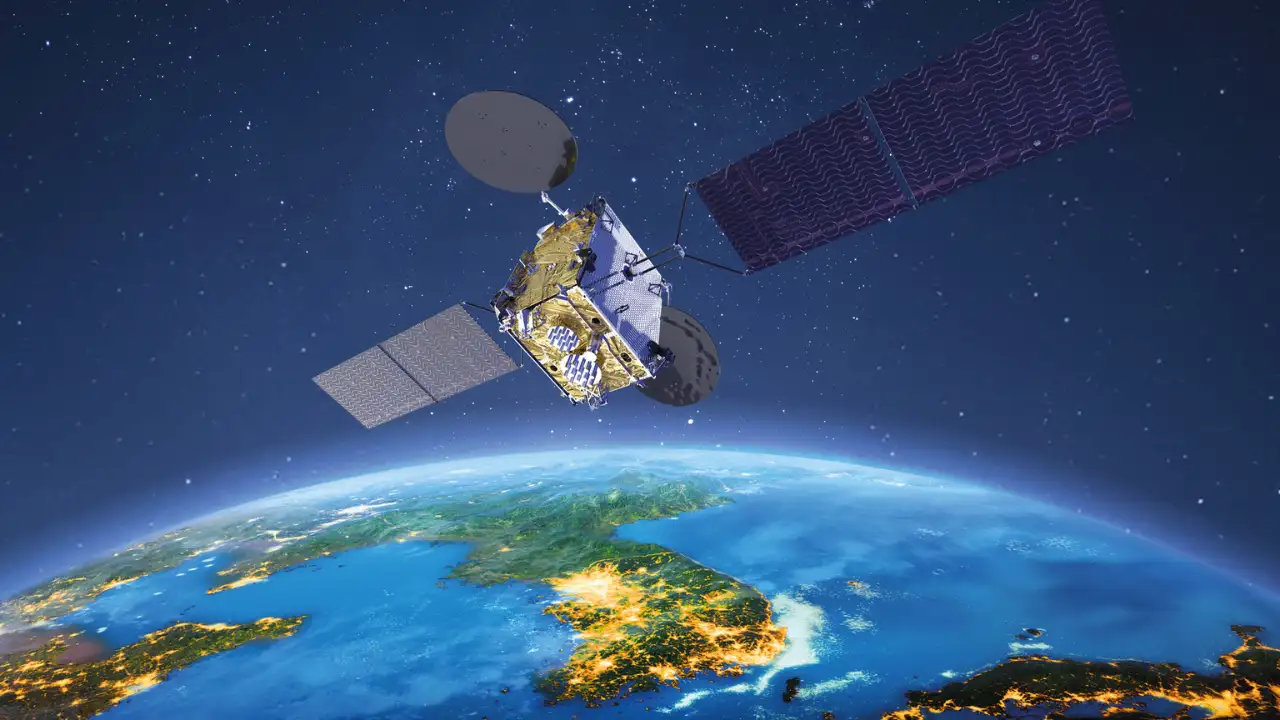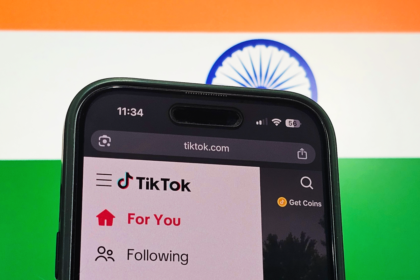SpaceX has made headlines with its massive $17 billion acquisition of EchoStar’s spectrum assets, marking a pivotal moment in the company’s push to dominate the satellite-to-cellular communications market. This strategic investment signals Elon Musk’s aerospace venture is serious about revolutionizing how phones connect to networks when traditional cell towers aren’t available.
The Battle for Radio Frequencies
At the heart of this transaction lies spectrum, the invisible radio frequencies that enable all wireless communications. These frequencies are a limited natural resource, carefully managed by the Federal Communications Commission (FCC) to prevent interference between different services. The competition for prime spectrum bands is particularly intense because only specific frequency ranges work effectively for both satellite and cellular communications.
Traditionally, major wireless carriers like AT&T and Verizon secured the most valuable cellular spectrum through expensive government auctions, while satellite companies operated in separate frequency bands. This created a fragmented landscape where satellite and terrestrial networks couldn’t easily work together.

Related: Space X dropped $2Billion on xAI. Musk’s AI play is no longer just talk.
Regulatory Breakthrough Opens New Possibilities
The landscape shifted dramatically in 2024 when the FCC introduced Supplemental Coverage from Space (SCS) regulations. This new framework allowed satellite operators to partner with ground-based carriers, using their existing spectrum licenses to provide backup coverage in areas where cell towers don’t reach effectively.
SpaceX quickly capitalized on this regulatory change, launching its direct-to-cell service for T-Mobile subscribers as a premium feature. However, this arrangement required ongoing partnerships with terrestrial carriers who held the necessary spectrum rights.
Independence Through Acquisition
The EchoStar deal fundamentally changes SpaceX’s position in the market. By paying $8.5 billion in cash plus $8.5 billion in SpaceX equity, the company has secured direct ownership of crucial spectrum assets. This eliminates the need to rely on partnerships with other companies for spectrum access, giving SpaceX unprecedented control over its satellite-to-phone ambitions.
The acquisition is particularly significant given SpaceX’s history of spectrum disputes. The company previously engaged in lengthy regulatory battles with Dish Network (EchoStar’s subsidiary) over the 12 GHz band and criticized EchoStar for underutilizing certain spectrum allocations, the same frequencies SpaceX has now acquired.
Broader Strategic Implications
While SpaceX continues to focus on rockets and satellites rather than consumer devices, CEO Elon Musk has hinted at potential smartphone development through his social media platform X, which recently merged with his AI company xAI. This vertical integration could create a complete ecosystem from space-based infrastructure to end-user devices.
The move also puts pressure on existing partnerships in the satellite communications space. Apple currently relies on Globalstar for its Emergency SOS satellite features and has invested over $1.5 billion in expanding these capabilities. Industry observers speculate whether SpaceX’s enhanced spectrum position might influence Apple to reconsider its satellite partnerships.
Industry-Wide Impact
SpaceX’s aggressive spectrum acquisition extends its influence beyond just acquiring radio frequencies. The company has been instrumental in pushing the FCC to modernize satellite spectrum-sharing regulations, filing petitions that have led to formal rulemaking processes. This regulatory activism, combined with substantial spectrum ownership, positions SpaceX as a major force in shaping future satellite communications policy.
The company continues to engage in technical and regulatory disputes with competitors like Amazon’s Project Kuiper over interference rules and spectrum sharing among large satellite constellations. These ongoing battles will likely intensify as more companies launch thousands of satellites to provide global internet and cellular coverage.
This $17 billion investment represents more than just spectrum acquisition, it’s SpaceX’s declaration that it intends to be the dominant player in next-generation satellite communications, with the resources and regulatory positioning to challenge traditional telecommunications paradigms.





